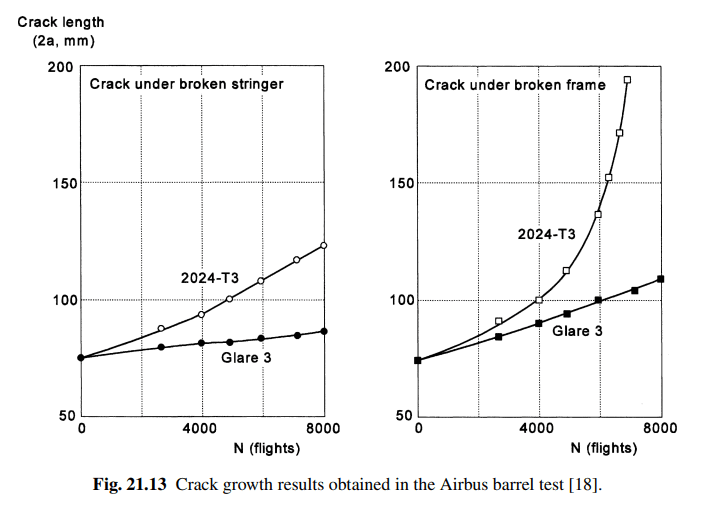Hello
I've recently started to deal with fatigue analysis of plastic components.
I found some strange relationship innthe fatigue curves - where the S-N curve coming from the 0-max (pulsating tensile) cycle is higher than the curve from the alternating one (compression-tension). Looking to the literature, I also found the following statement: "Specimens may be stressed in tension only, compression only, or both tension and compression, which is generally considered the most severe situation." (Introduction to Fatigue of Plastics and Elastomers, McKeen)
This seems to be in conflict with the theories of mean stress correction, which basically say that the allowable variable stresses decrease with increasing mean stresses.
Do you have an idea what's the reason for that dicrepancy?
Found similar behavior also for other plastic like polioxymethylen - suppllied by Celanese to r DuPont.
Best Regards
B.K
I've recently started to deal with fatigue analysis of plastic components.
I found some strange relationship innthe fatigue curves - where the S-N curve coming from the 0-max (pulsating tensile) cycle is higher than the curve from the alternating one (compression-tension). Looking to the literature, I also found the following statement: "Specimens may be stressed in tension only, compression only, or both tension and compression, which is generally considered the most severe situation." (Introduction to Fatigue of Plastics and Elastomers, McKeen)
This seems to be in conflict with the theories of mean stress correction, which basically say that the allowable variable stresses decrease with increasing mean stresses.
Do you have an idea what's the reason for that dicrepancy?
Found similar behavior also for other plastic like polioxymethylen - suppllied by Celanese to r DuPont.
Best Regards
B.K

